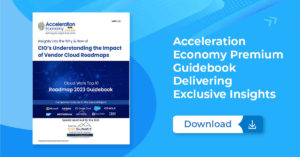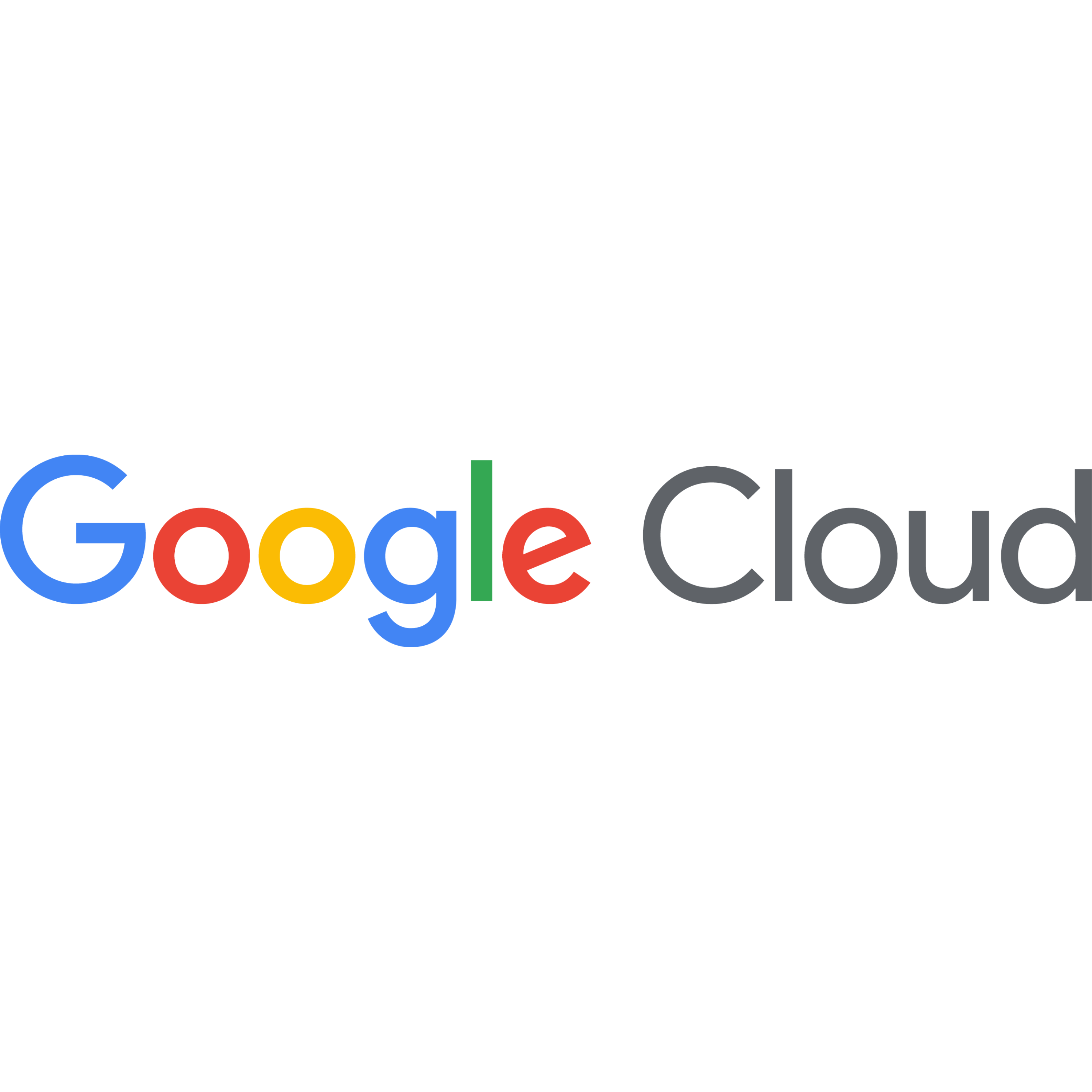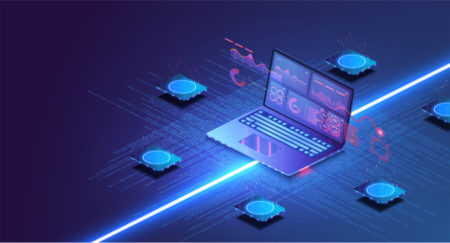
Accelerating SAP’s transformation into a world-class cloud powerhouse and giving Google Cloud sweeping new access to SAP customers, the two cloud heavyweights have agreed to create a powerful new data cloud giving customers simple access to the most-valuable assets of each vendor.
At its core, this ambitious extension of the existing SAP-Google Cloud partnership brings together:
- SAP’s immense stores of extremely rich business data with Google Cloud’s technologically sophisticated data cloud from its world-leading enterprise applications
- Google Cloud’s Data Cloud and its analytics, AI and ML tools, and large language models
That potent combination can generate enormous value for customers by giving them not only access to all of their data — from their SAP systems as well as other sources — but also the power to derive new insights from this stunning combination of incredibly relevant business data and modern cloud and AI solutions.
That’s why I’m calling this a “blockbuster” deal because the expanded SAP-Google Cloud alliance gives customers vast new capabilities and possibilities that neither company could have come close to offering on its own.
The announcement also answers some questions I raised in a recent article urging SAP to use this week’s Sapphire event to clarify for customers exactly what its Datasphere offering is and is not: 5 Key Issues SAP Must Nail at Sapphire.
For SAP, this development gives all of its customers — but particularly its 20,000 or so on-premises customers — one more reason to stick with SAP rather than shifting some or all of its applications and data-management operations to competitors that have been very aggressive in the data-cloud space. Already the world’s largest vendor of enterprise applications, SAP holds a powerful position there that Salesforce, Oracle, and Workday would love to disrupt.
By being able to usher customers seamlessly into the world of analytics and AI with a long-standing and trusted partner, SAP has solidified its spot atop the enterprise apps market while also gaining simple access to world-class data management and AI capabilities.
For Google Cloud, the move is yet another display of the eagerness to pursue innovative partnerships advocated by CEO Thomas Kurian. Last week, for example, Google Cloud expanded its alliances with three of the world’s largest systems integrators to advance the cause of enterprise AI: Google Cloud Fires Up Enterprise AI Via New Deals With Deloitte, KPMG, Cognizant.
In the announcement of the expanded partnership, the CEOs of both companies gave uniquely insightful comments on the business value being unleashed for customers.
From SAP CEO Christian Klein: “Bringing together SAP systems and data with Google’s data cloud introduces entirely new opportunities for enterprises to derive more value from their full data footprints. SAP and Google Cloud share a commitment to open data and our extended partnership will help break down barriers between data stored in disparate systems, databases and environments. Our customers not only benefit from the business AI already built into our systems, but also from a unified data foundation.”
And from Google Cloud’s Kurian: “SAP and Google Cloud now offer an incredibly comprehensive and open data cloud, providing a foundation for the future of enterprise AI. Few resources are as important to digital transformation as data. By deeply integrating SAP software data and systems with our data cloud, customers will be able to utilize our analytics capabilities as well as advanced AI tools and large language models to find new insights from their data.”
The companies cited six major benefits the unified data cloud will create for customers:
- Access business-critical data in real-time
- Simplify data landscapes
- Create trusted insights with Google Cloud’s advanced AI and machine learning (ML) models
- Perform advanced analysis
- Utilize joint solutions for sustainability
- Use SAP Business Technology Platform (SAP BTP) on Google Cloud globally
To hear practitioner and platform insights on how solutions such as ChatGPT will impact the future of work, customer experience, data strategy, and cybersecurity, make sure to register for your on-demand pass to Acceleration Economy’s Generative AI Digital Summit.











